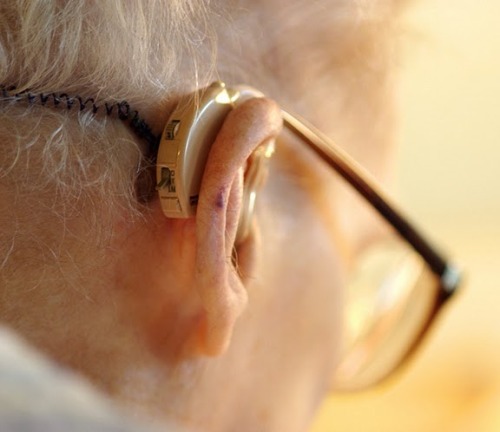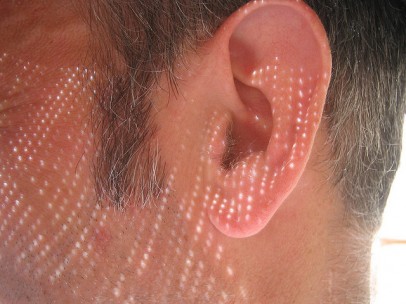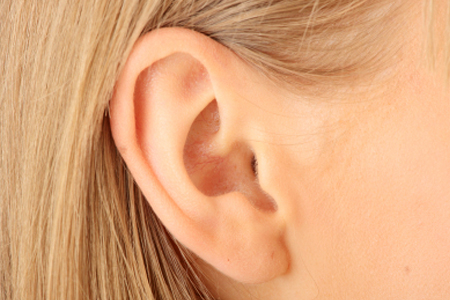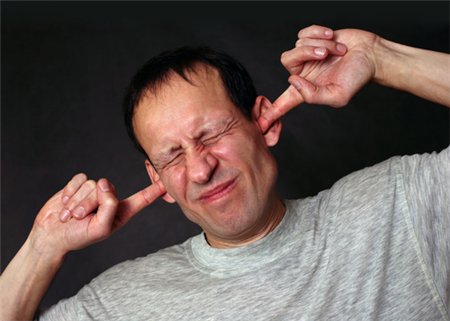
Hearing loss is a condition in which there is a gradual or a sudden decrease in the ability to hear. The intensity of loss depends on the cause behind the same. Here are certain myths that are associated with hearing loss.
Hearing loss is an old age problem.
This is a completely false statement. The statistics clearly indicate that there are more people with hearing impairment in the age group of 45-64 years of age than those in the age group of 65 years and above. The statistics in the US indicate that there are only 35% of hearing loss patients who are above the age of 64 years. There are approximately more than a million school children who are suffering from the problem of hearing loss. It is also seen that these are the ones who are born with a hearing impairment. As a matter of fact, hearing impairment is a very common birth defect. 3 out of 1,000 children in the US are born with hearing impairment. So, it can be concluded that hearing loss can occur at any age.
Hearing loss can occur in a single ear.
This is merely a perception, and not fact. If a person feels like this, then there is a 90 percent chance that the person has two bad ears, one being worse than the other. It is a natural perception that we favor one ear over the other, believing that we hear better with one. This is also the reason for most of the people to opt for their left ear over their right one or vice versa while talking on the phone. Most reported cases of hearing loss show that both the ears have been affected by hearing loss.
Minor surgery can fix hearing problems.
Hearing loss is of two types: temporary and permanent. It is seen that in certain cases the hearing gets improved after surgery. And it’s true, there are some types of hearing problems which can be successfully fixed with minor surgery. But with elderly people, the success rate of this type of surgery is a mere 5%. In 95% of the cases, hearing loss is a permanent damage and one has to live with it, just like an amputated leg that will never grow back. However, hearing aids and listening devices are there to help throughout the rest of your life.
Hearing loss only affects people who work in noisy environments.
It’s true that constantly living or working in a noisy environment will eventually lead to hearing loss. Exposure to everyday noises like listening to loud music, working in a noisy environment or working jobs involving constant usage of power tools etc. This exposure can lead to gradual hearing loss. However, there are many other reasons which cause hearing loss.
About 30 million Americans are affected by a significant hearing loss which is 30 decibel or greater. Hearing loss can be severe, mild, permanent or temporary; depending on the cause. Congenital hearing loss, that is the one when a person is born with an hearing impairment, is permanent. Gradual hearing loss happens over time. Human ears are under a siege by a number of potential factors. The most common forms of hearing loss relate to a combination of aging and exposure to noise.
Noise induced hearing loss can be sudden as well, for example gunfire explosions in modern warfare causes hearing loss. Other reasons for hearing loss include excess ear wax build up, an object in the ear, an injury to the ear or head, chronic ear infections, ruptured ear drum etc.
Hearing loss is beyond treatment.
It is seen that the intensity of hearing loss is never fully cured. However, hearing loss being beyond treatment is not true these days. It was true back in the 1950s or 60s. But, now with the help of technically advanced hearing instruments, 90% of non-congenital hearing loss is treatable. Hearing instruments do not restore the lost ability of hearing, but they surely help to ‘feel’ the sound perfectly. In many cases, nerve deafness can also be helped through amplification and assisted listening devices.
Living with hearing impairment is not a big deal.
Hearing loss has many psychological effects on the brain. It could be major cause behind frustration and even depression. Trouble in communication creates a definite strain on relationships and a lack of self esteem. So, there is no sense in masquerading that it isn’t actually a big deal when it is a life altering matter. Instead, one should deal with it and get the proper treatment. So let’s the correct the myth to state that living with hearing impairment is not a big deal with the help of hearing aids and listening devices.
Hearing impairment can be certainly recognized.
This is true to an extent. One can certainly diagnose a hearing impairment when it is significant. But, it’ll be too late by then. Unless one is born without hearing, hearing loss is normally a very gradual process. The signs are mostly very subtle in the initial stage. Our built in defense system and ability to adapt make it even more difficult to diagnose. Only a professional screening can give a definitive answer.
Even physicians are not very concerned about checking a patient’s hearing ability when doing a routine check up. It is seen that very few physicians actually check for hearing loss during a routine physical checkup. One must go to a specialist (ENT or neurotologist) instead of a general physician.
My hearing isn’t all that bad, the speaker is probably soft.
When it comes to hearing, it isn’t only about loudness. Hearing also depends on the sound frequency or the pitch. With hearing impairment, it’s hard to recognize higher pitches. It’s even harder when there is background noise e.g. in a noisy cafe or restaurant. That’s why selective amplification is necessary to help people with hearing loss. Sometimes people with hearing loss can hear but they do not always comprehend what’s being said. Words or sounds get jumbled.
Hearing aids make everything sound loud, loud sounds are even louder.
This was true even 20 years ago. But modern day hi tech hearing aids work with the process of selective amplification. Back in the day, hearing aids were just amplifiers and they were designed such that there would be a requirement to turn it on to hear soft speech. And in the same setting, normal conversation would become loud. But, in today’s hearing aids the circuit is automatic, it amplifies according to the input level. Many expensive hearing aids do not even require a volume control.




